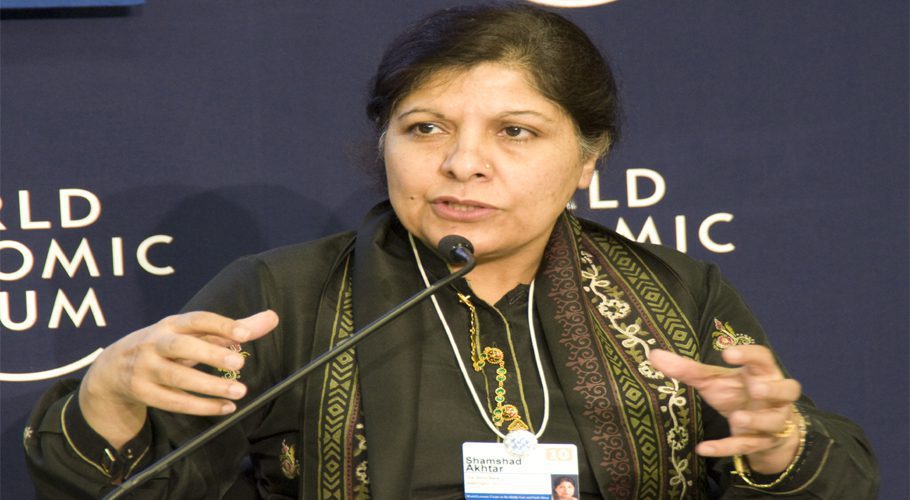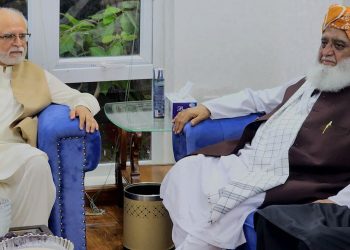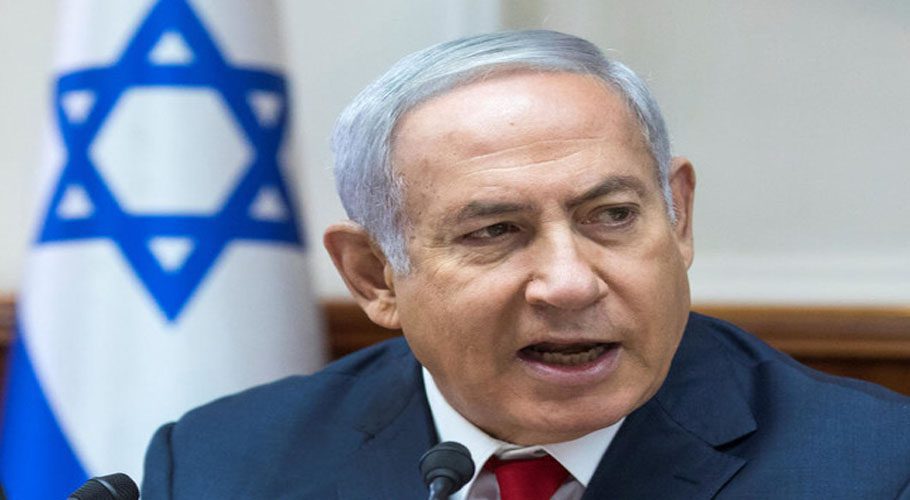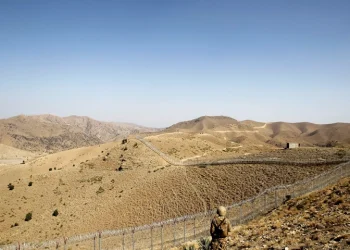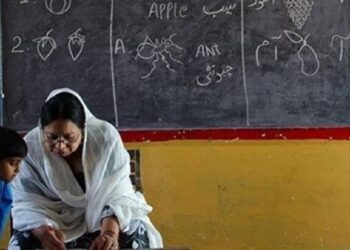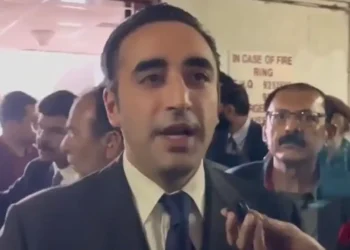ISLAMABAD: Caretaker Federal Minister for Finance, Revenue, Economic Affairs, and Privatisation Dr Shamshad Akhtar Friday said the caretaker government had adopted a holistic approach to address the pressing issues being faced by the economy and develop a roadmap with an aim to augment the macroeconomic management.
“We will operate really holistically and consistently as a team. This will be an important change that in charge of all segments will work together,” she said while addressing a press conference.
A principle had been adopted to look at the government as a whole, she added.
The minister was flanked by the Caretaker Minister for Commerce and Industry Dr. Gohar Ejaz; the Caretaker Minister for Information and Broadcasting Murtaza Solangi; and the Caretaker Minister for Energy, Power, and Petroleum Muhammad Ali.
Dr Shamshad said subcommittees of the cabinet had already been institutionalized, including the Economic Coordination Committee (ECC), the Executive Committee of the National Economic Council (ECNEC), the Cabinet Committee on Privatization (CCoP), and the Cabinet Committee on Energy.
She said they were having intergovernmental discussions with one another and making sincere efforts to define a roadmap for augmenting the macroeconomic management in the country.
She said the government was reinforcing fiscal stability and fiscal coordination with monetary policy as well as external policy, as it is an anchor of macroeconomic management.
She said the caretaker setup wanted to revive the economy and for that, they were working to “define the steps for economic jump start”. Along with that they were making efforts to enhance the social safety net during the period when the structural adjustment reforms program was implemented.
“We will try to enhance the social safety net and more importantly financial inclusion will be expedited so that SME (small medium enterprises) and agriculture sectors, and citizens get an opportunity for financial empowerment through digitization.”
The minister said the State-Owned Enterprises (SOEs) were facing issues and had burdened the exchequer, so the government would prepare an SOE privatization policy to overcome the problems.
She said a Central Monetary Unit would be established with two basic pillars, including (1) to help various ministries strengthen the corporate governance of SOEs, and (2) to prepare the entities that are ready to take forward for listing them for privatization.
The government, she added, wanted to diversify the SOEs debt burden through the capital market as currently it was solely burdening the banking sector. “Even the government also raises debt from the baking sector,” she said.
The strategy would also help enhance the depth and breadth of the capital market, she said, adding the caretaker setup wanted that the government securities to be floated at the Pakistan Stock Exchange (PSX) so that their maturity was stretched and the common man could invest in them.







